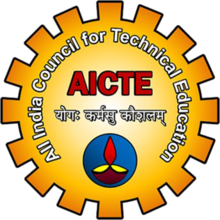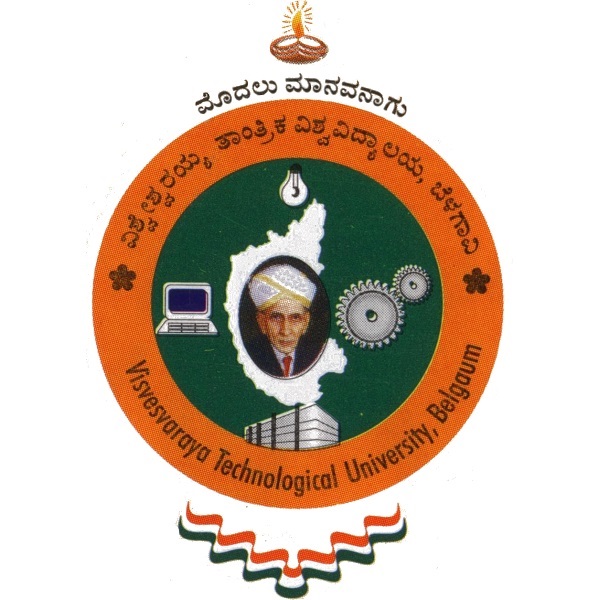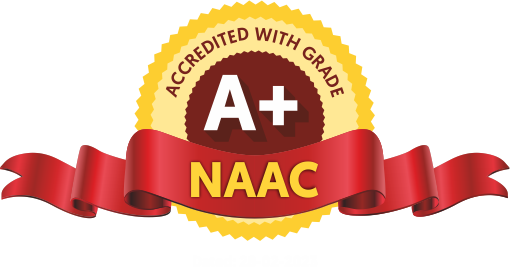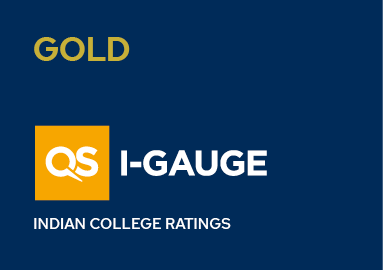| PSO1 |
Apply knowledge of Mathematics & Science to identify, analyse, interpret, formulate, and investigate engineering problems in circuits, controls, power systems, high voltage, power electronics & drives. |
| PSO2 |
Utilize modern tools for design, simulation, and analysis to engage in lifelong learning for successful implementation in a multidisciplinary environment. |
| PSO3 |
Resolve ethically and professionally electrical and electronics engineering problems in a societal and environmental context and communicate effectively by exhibiting project management skills. |
| PO1 |
Engineering knowledge: Apply the knowledge of mathematics, science, engineering fundamentals, and an engineering specialisation to the solution of complex engineering problems. |
| PO2 |
Problem analysis: Identify, formulate, research literature, and analyse complex engineering problems reaching substantiated conclusions using first principles of mathematics, natural sciences, and engineering sciences |
| PO3 |
Design/development of solutions: Design solutions for complex engineering problems and design system components or processes that meet the specified needs with appropriate consideration for public health and safety, and the cultural, societal, and environmental considerations |
| PO4 |
Conduct investigations of complex problems: The problems
• that cannot be solved by straightforward application of knowledge, theories, and techniques applicable to the engineering discipline. *
• that may not have a unique solution. For example, a design problem can be solved in many ways and lead to multiple possible solutions.
• that require consideration of appropriate constraints/requirements not explicitly given in the problem statement. (like: cost, power requirement, durability, product life, etc.).
• which need to be defined (modeled) within appropriate mathematical framework.
• that often require use of modern computational concepts and tools.
|
| PO5 |
Modern tool usage: Create, select, and apply appropriate techniques, resources, and modern engineering and IT tools including prediction and modelling to complex engineering activities with an understanding of the limitations. |
| PO6 |
The engineer and society: Apply reasoning informed by the contextual knowledge to assess societal, health, safety, legal, and cultural issues and the consequent responsibilities relevant to the professional engineering practice. |
| PO7 |
Environment and sustainability: Understand the impact of the professional engineering solutions in societal and environmental contexts, and demonstrate the knowledge of, and need for sustainable development. |
| PO8 |
Ethics: Apply ethical principles and commit to professional ethics and responsibilities and norms of the engineering practice. |
| PO9 |
Individual and team work: Function effectively as an individual, and as a member or leader in diverse teams, and in multidisciplinary settings. |
| PO10 |
Communication: Communicate effectively on complex engineering activities with the engineering community and with society at large, such as, being able to comprehend and write effective reports and design documentation, make effective presentations, and give and receive clear instructions. |
| PO11 |
Project management and finance: Demonstrate knowledge and understanding of the engineering and management principles and apply these to one’s own work, as a member and leader in a team, to manage projects and in multidisciplinary environments. |
| PO12 |
Life-long learning: Recognize the need for, and have the preparation and ability to engage in independent and life-long learning in the broadest context of technological change. |








